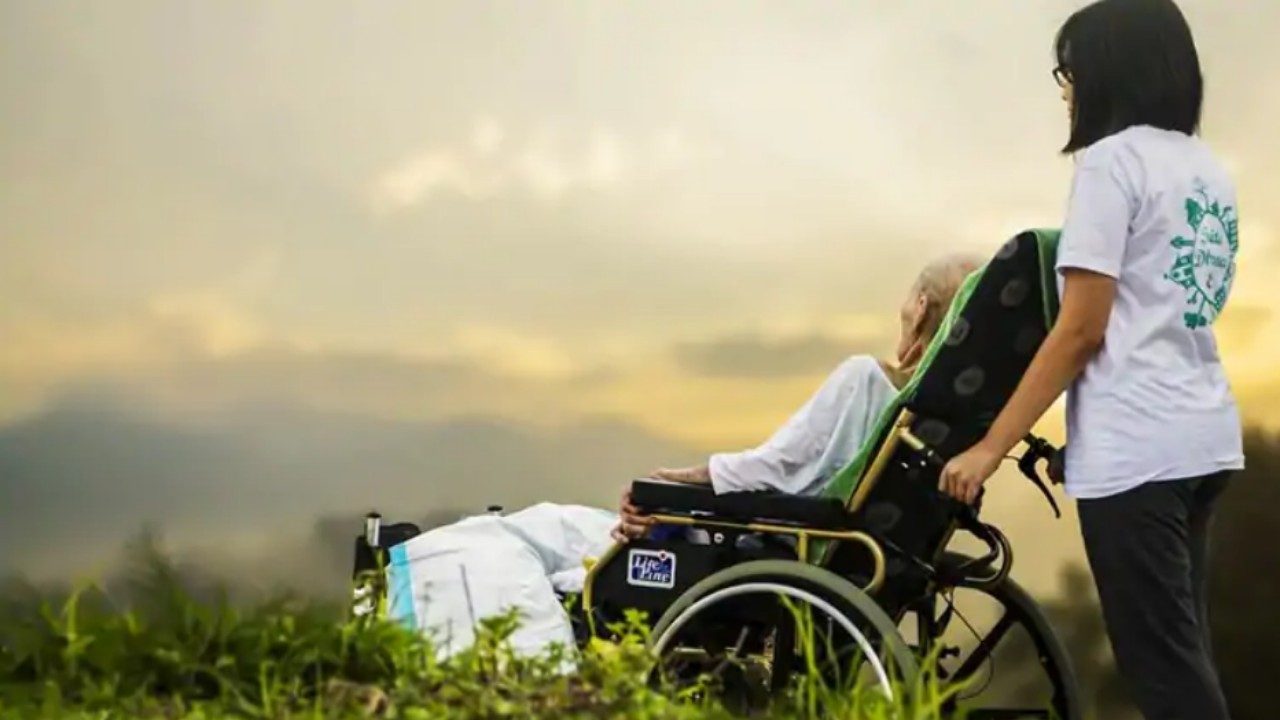As the world recognises Multiple Sclerosis as a growing auto immune disorder on World Multiple Sclerosis Day today, India is looking at a staggering 1.8 lakh Multiple Sclerosis patients as of now. As per a Times of India report back in 2014, young adults were the most susceptible to this often neglected debilitating auto immune disorder. Time has come to ensure that the numbers are controlled as people are made aware about this silent undetected killer.
So what exactly is Multiple Sclerosis and why is it so important for young India to be better prepared against this disorder? MS involves the disruption of flow of information from the brain to the rest of the body often slowing down the patient. Unlike other auto immune disorders, MS cannot be detected immediately. In certain cases the development of the disease is so slow that it may go unnoticed altogether for years.
Common Symptoms of MS include fatigue, blurred or double vision, an absolute lack of co-ordination, numbness and tingling sensations amongst others. The increase in the numbers of MS patients is owing to the increase in stress in modern youth owing to different reasons, right from the procurement of jobs to maintaining households. The disorder creeps in slow and steady. It takes an MRI scan of the brain and spine to check for lesions growing within.
While medical science is still struggling to find answers to MS, it attributes its growth and development to factors such as vitamin deficiencies (Vitamin D in particular), environmental factors and / or a combination of genetics and stress based environs. Young India has to be made aware of this particular disease given the nature of their fast paced lives. The major downside of this disorder is that there is no cure for it as yet. This is largely due to the peculiar nature of the disorder itself. No two MS patients need portray the same symptoms and no two need to receive relief from the same environment which stalls the research process at various points. Slow is the new normal for an MS patient.
There are four broad sub – categories of Multiple Sclerosis identified until now: The Clinically Isolated syndrome or the CIS, the RRMS – the Relapse Remitting Multiple Sclerosis, the PPMS or the Primary Progressive Multiple Sclerosis and the Secondary Progressive Multiple Sclerosis. Each of these sub types has its own peculiar characteristics which worsens the scenario as the treatment proceeds according to the current issue at hand. The increasing dependency on medications in the long run has even more anticipated and unanticipated side -effects. There are no specific treatment guidelines which has made millions across the world change jobs, leave their passions and pursue courses of work with routine alterations to help maintain their focus. The invisible depressant works in many ways to slow the person down and in due course becomes a disability that is prominent to all.
The need for a solution to control this debilitating disorder is very high and one cannot discount the truth that MS patients tend to get into depressive phases easily. Currently individuals with CIS who are considered at higher risk for developing MS are undergoing a disease-modifying therapy that has been approved in the U.S.
Medications and treatments are exorbitant in many countries. As on today as per the National MS Socciety, there exist more than a dozen disease-modifying therapies that have been approved by the U.S. Food and Drug Administration (FDA) to treat all types of MS. There are currently more treatments available for relapsing forms of MS than progressive form as scientists actively involve themselves in finding newer and more effective remedies. Various alternative remedies are also available including the Hijama which is a 1400 year old Islamic therapy.
All said, every MS patient requires the support of not just the family but also friends and colleagues at the workplace. Even the smallest of assignments may seem overwhelming as fatigue, clumsiness and imbalance rule the day. On their part, MS patients are advised to live an active life that involves them to try and move around as much as possible, connect with nature and lead a stress- free life for the most part. Given that uncertainty rules the day for MS patients, it is advisable to inform seniors at the work place while self- monitoring is a must for any new developments.
If you experience any of the symptoms listed it is always good to consult a good neurologist and take the course of action forward. The easiest way to detect MS is through an MRI of the brain and spine which can be easily done at any leading hospital. As the Central Nervous System continues to deteriorate, worst case scenarios could look at the use of wheelchairs and walkers. Excessive stress could also lead to a paralysing effect on the body which is why patients of MS are advised to take life at a slower than normal pace.
As someone who fights the good fight on a daily basis, a personal advice is to just remember that millions across the world are suffering from MS and trying to lead normal lives. If detected, DON’T lose hope, because MS can be overcome through personal grit and determination. You are perfectly capable of overcoming the challenges this Auto immune disorder brings with it while still leading a life as close to normal as is possible. Improve the quality of your life through stress management therapies, active work life and stay away from any and every thing that disturbs your peace of mind. Physiotherapy is another good way of ensuring that the neurological functioning is optimum. These are simple yet effective steps will mitigate the risks of having to be disabled for life. Disability is not always a physical limitation but more than often a failed mindset.


















